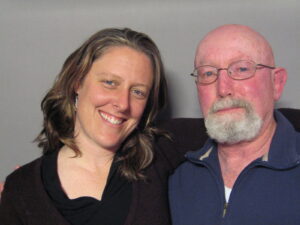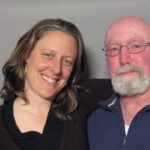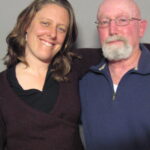Description
Friend interviews Charley about being the piano player at a favorite hangout in Flagstaff, and about his childhood growing up in a town near the Navajo reservation, called Ganado, in Arizona.Participants
- Charley Spining
- Anne Doyle
Venue / Recording Kit
Tier
Keywords
- anecdotes (humorous but true stories)
- Appearance
- apprenticeships
- Childhood Games
- cohorts (groups of friends)
- craft, skills, and procedures
- Family Traditions
- family trips and excursions
- lodges
- memories of former times
- memories of growing up
- Money
- personal experiences
- school day memories
- social beliefs and practices
- street patterns
Subjects
- Architecture
- Best Friends
- Childcare
- Coming Of Age
- Community Businesses
- Community Characters
- Community Organizations
- Corner Stores
- Coworkers
- Customers and Clients
- Earliest Memories
- Farm Life
- Homecoming
- Identity
- Instrument Playing
- Job Satisfaction
- Legacy
- Lost Friends
- Neighborhood Life
- Singing
- Town Life
- Urban Life
- Workday Life


